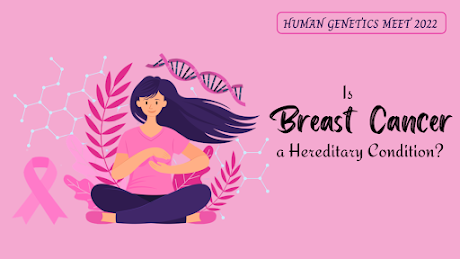In the United States,
preliminary results from an open-air trial with genetically altered mosquitoes
aimed at suppressing a natural population of virus-carrying mosquitoes have shown
encouraging results.
Oxitec, a biotechnology
company located in the United Kingdom, is conducting an experiment to lower the
number of wild Aedes aegypti mosquitos, which are a vector for diseases
including chikungunya, dengue, zika, and yellow fever. The scientists created a
gene that causes the female offspring to die.
The outcomes, which
came after a decade of battling for public acceptability and governmental
permits, are insufficient. Larger investigations are required to determine
whether the aim can be met. Their findings, which have yet to be published,
were revealed on April 6 during a webinar.
The experiment began in
the Florida Keys in April 2021, but not without opposition from the locals.
Their concerns ranged from changed mosquitos causing harm to humans to the
impact on mosquito-eating wildlife and other unexpected outcomes such as the
introduction of a lethal virus. The mosquitos had already been tested in the
field in Brazil, Panama, the Cayman Islands, and Malaysia, but no similar trials
had been carried out in the United States.
All female mosquitoes that fluoresced under a
certain light, indicating that they had received the fatal gene, perished
before reaching maturity, indicating that their findings were promising. The
scientists discovered that the fatal gene remained in the natural population
for two to three months, or around three generations of mosquito progeny,
before vanishing. "Even after multiple generations, no mosquitos
harboring the fatal gene were identified beyond 400 meters from the release
locations."
It is not a new concept to genetically edit insects to limit their number in order to prevent disease transmission. Scientists are now seeking to create ticks to avoid infections, which began a decade ago.





No comments:
Post a Comment